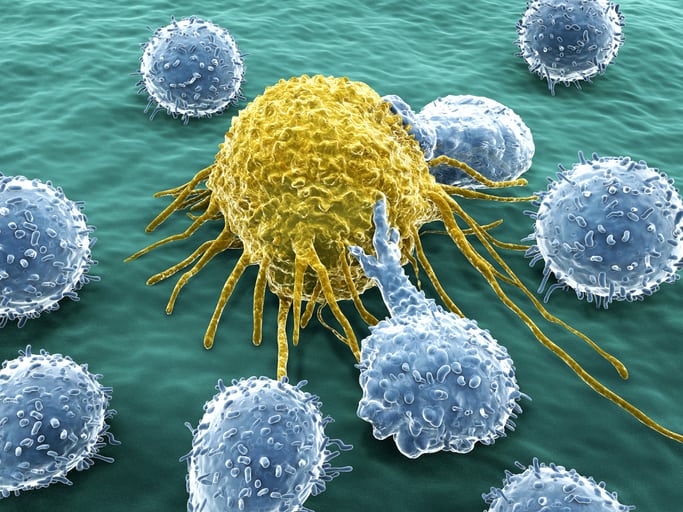Pioglitazone, a drug from the thiazolidinediones class, is a medication used to treat type-2 diabetes. The risk of bladder cancer associated with the use of pioglitazone has been debated for a long time. This study aims to investigate the association between pioglitazone use and the risk of bladder cancer in patients with type-2 diabetes.
This retrospective cohort study included a total of 56,337 patients with type-2 diabetes who initiated pioglitazone. The active participants were matched with 317,109 type-2 diabetes patients who initiated other drug treatments except for pioglitazone. The primary outcome of the study the incidence of bladder cancer, along with the risk of bladder cancer measured using Cox’s proportional hazards model.
During the mean follow-up of 2.9 years, a total of 130 bladder cancers occurred in the pioglitazone cohort. In multiple match cohorts not exposed to pioglitazone treatment, 970 bladder cancer cases were reported. Evaluating the risk of bladder cancer, the hazard ratio for patients who were exposed to pioglitazone vs. never exposed to pioglitazone treatment was 0.99.
The research concluded that the use of pioglitazone was not associated with an increased risk of bladder cancer in patients with type-2 diabetes when compared with those who were not exposed to pioglitazone treatment.
Ref: https://www.bmj.com/content/354/bmj.i3903


